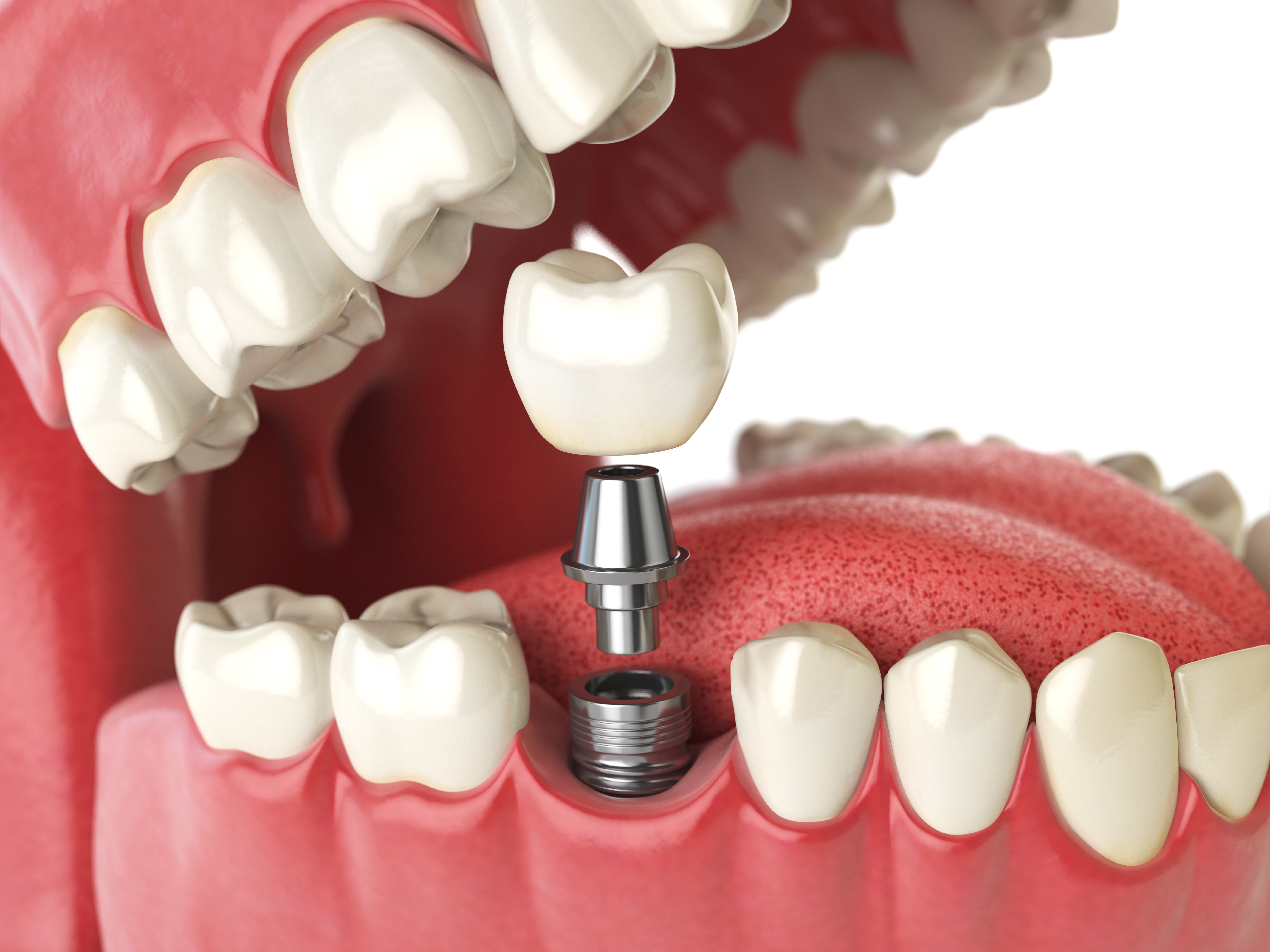Low-Cost Dental Implants for Seniors — Explore Your Options
What low-cost dental implant options are available for seniors in 2025? What should you know before deciding, and how to find trustworthy providers? Explore practical ways to access quality implants at lower prices without sacrificing care or results.

What are dental implants and why are they important for seniors?
Dental implants are artificial tooth roots surgically placed into the jawbone to support replacement teeth. For seniors, implants can significantly improve quality of life by restoring the ability to eat comfortably, speak clearly, and smile with confidence. Unlike dentures, implants provide a permanent solution that looks and feels natural, helping to maintain facial structure and prevent bone loss in the jaw.
What types of budget-friendly dental implants are available in 2025?
The dental implant market has evolved to offer more affordable options for seniors:
-
Mini dental implants
-
All-on-4 implants
-
Immediate load implants
-
Implant-supported dentures
-
Single-tooth implants
-
Two-stage implants
-
Endosteal implants
-
Subperiosteal implants
These options vary in technique, materials used, and overall approach, providing a range of choices to suit different budgets and dental needs.
How can seniors find affordable dental implants without compromising quality?
Finding affordable dental implants requires research and careful consideration. Start by consulting multiple dentists or oral surgeons to compare treatment plans and costs. Look for dental schools or clinics that offer discounted services performed by supervised students or recent graduates. Consider traveling to areas with lower healthcare costs, but ensure the provider is reputable and accredited.
Additionally, explore dental tourism options in countries known for high-quality, affordable dental care. However, thoroughly research the risks and benefits before making a decision. Always prioritize the dentist’s qualifications and experience over cost alone to ensure safe and effective treatment.
What cost-saving tips should seniors consider for dental implants?
To make dental implants more affordable, consider these cost-saving strategies:
-
Explore dental insurance options that cover implants
-
Look into dental discount plans
-
Ask about payment plans or financing options
-
Consider getting treatment in phases to spread out costs
-
Maintain excellent oral hygiene to prevent complications
-
Attend regular check-ups to catch issues early
-
Quit smoking to improve implant success rates
-
Explore government assistance programs or grants for seniors
Remember, investing in quality implants can save money in the long run by avoiding future complications and replacements.
What should seniors know before deciding on low-cost dental implants?
Before opting for low-cost dental implants, seniors should be aware of several factors. First, understand that the cheapest option may not always be the best in terms of longevity and quality. Ensure the dentist uses FDA-approved materials and follows proper sterilization protocols. Ask about the dentist’s experience and success rates with implant procedures.
It’s crucial to have a comprehensive oral health evaluation to determine if you’re a good candidate for implants. Some medical conditions or medications may affect implant success. Be prepared for a potentially lengthy treatment process, as some implant procedures require multiple appointments over several months.
Lastly, consider the long-term costs, including potential maintenance or replacement of prosthetics. A higher initial investment in quality implants may result in lower overall costs and better outcomes over time.
How can seniors find trustworthy providers for affordable dental implants?
| Provider Type | Services Offered | Key Features/Benefits |
|---|---|---|
| Dental Schools | Implant procedures, comprehensive care | Supervised by experienced faculty, lower costs |
| Community Health Centers | Basic dental services, some offer implants | Sliding scale fees, focus on underserved populations |
| Private Practices with Payment Plans | Full range of implant services | Flexible payment options, personalized care |
| Dental Implant Centers | Specialized implant procedures | Expertise in latest techniques, potential for cost savings |
| Veterans Affairs Dental Clinics | Dental care for eligible veterans | May cover implants in certain cases, comprehensive care |
Prices, rates, or cost estimates mentioned in this article are based on the latest available information but may change over time. Independent research is advised before making financial decisions.
To find trustworthy providers for affordable dental implants, start by researching local dental practices and implant specialists. Check their credentials, read patient reviews, and verify their experience with implant procedures. Ask for referrals from your regular dentist or consult professional dental associations for recommendations.
Consider seeking second opinions to compare treatment plans and costs. Don’t hesitate to ask potential providers about their success rates, complication rates, and the types of implants they use. A reputable dentist will be transparent about their practices and happy to address your concerns.
Lastly, be wary of deals that seem too good to be true. Extremely low-cost implants may involve subpar materials or inexperienced practitioners, which can lead to complications and higher costs in the long run. Focus on finding a balance between affordability and quality to ensure the best possible outcome for your dental health.
In conclusion, while dental implants can be a significant investment, there are various options available to make them more affordable for seniors. By exploring different types of implants, considering cost-saving strategies, and carefully selecting a trustworthy provider, it’s possible to find a solution that fits both your dental needs and your budget. Remember to prioritize quality and safety in your decision-making process to ensure long-lasting results and improved oral health.
This article is for informational purposes only and should not be considered medical advice. Please consult a qualified healthcare professional for personalized guidance and treatment.




